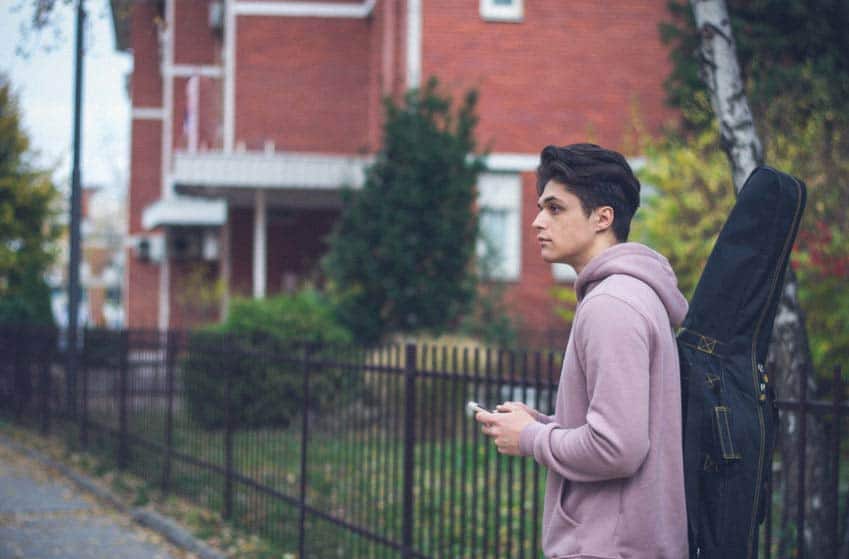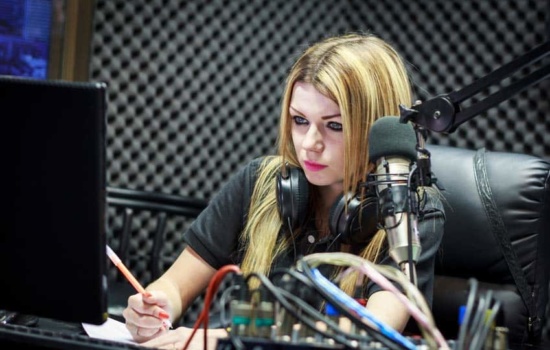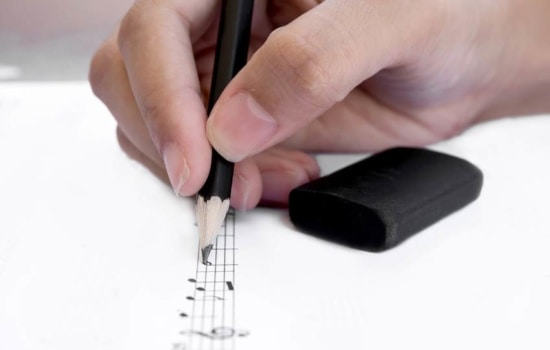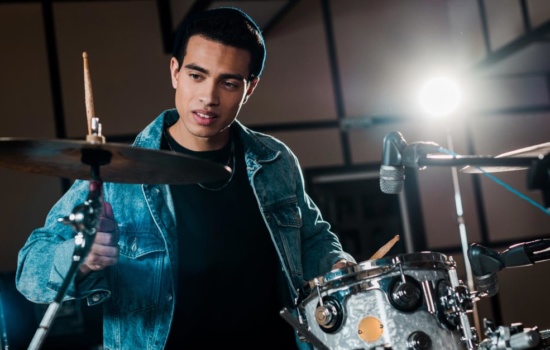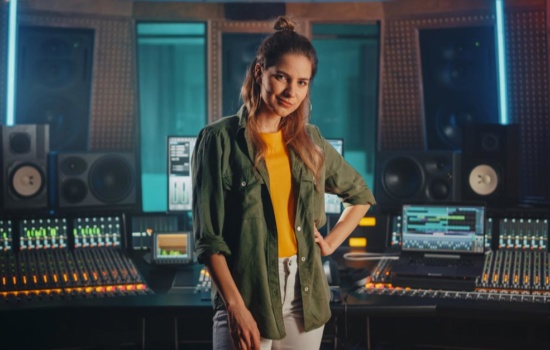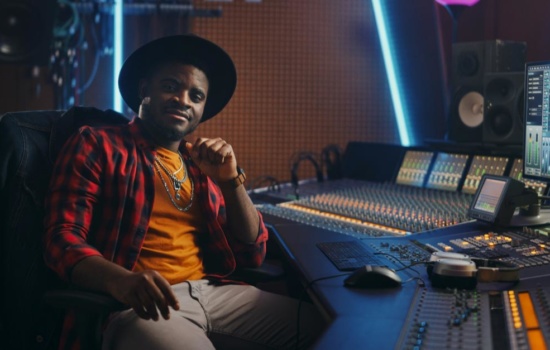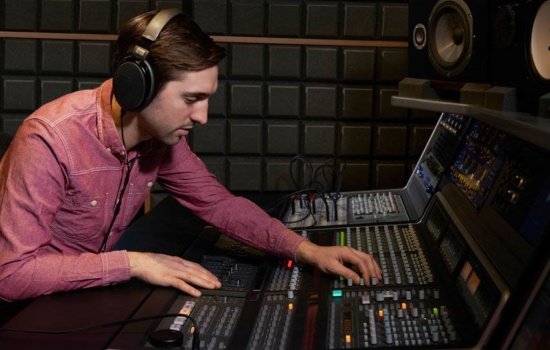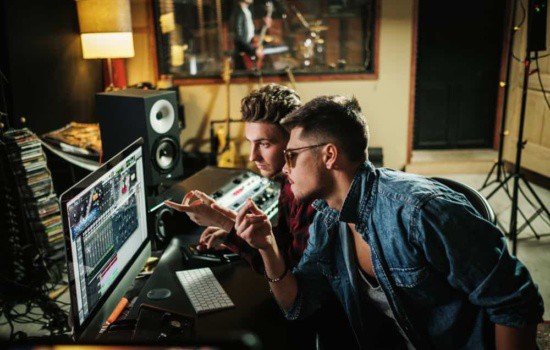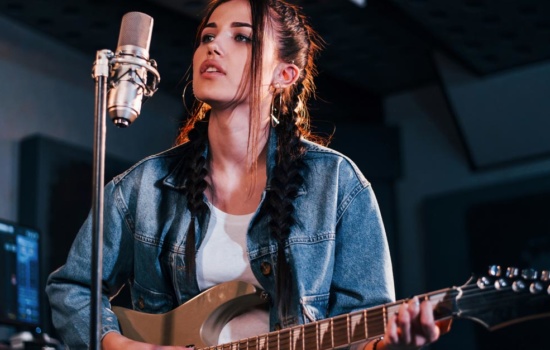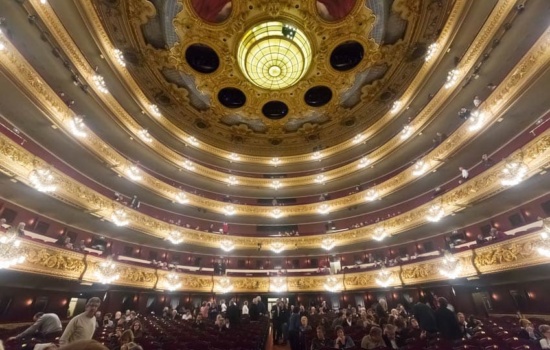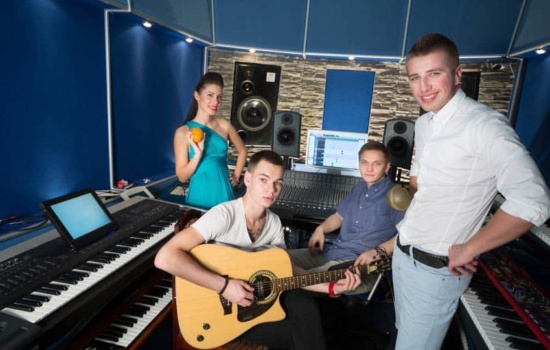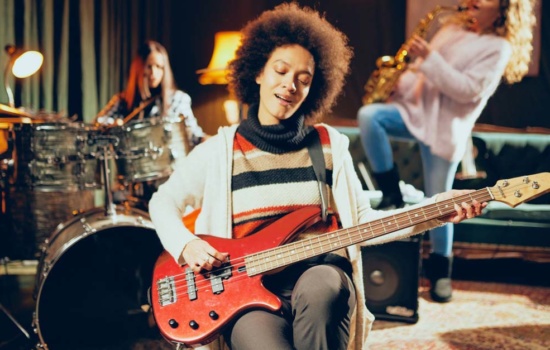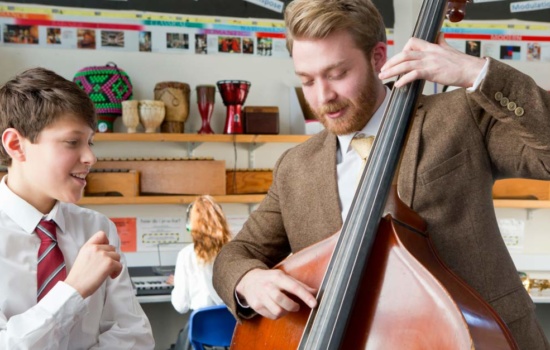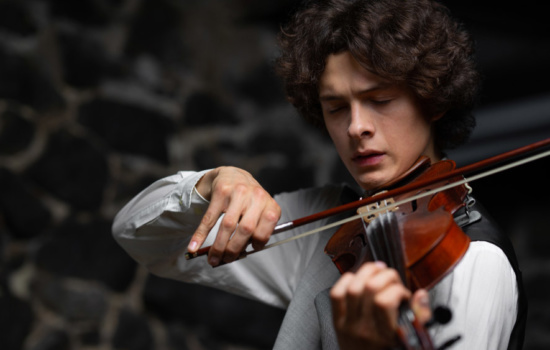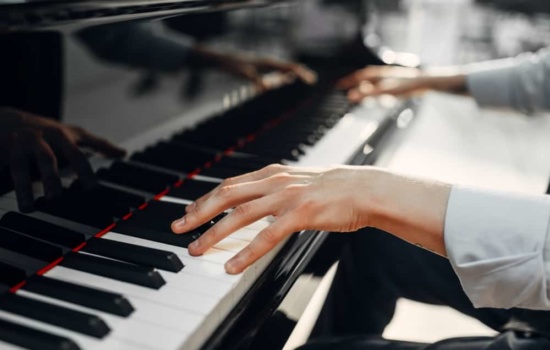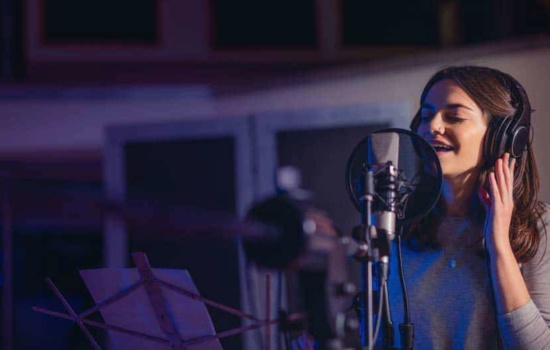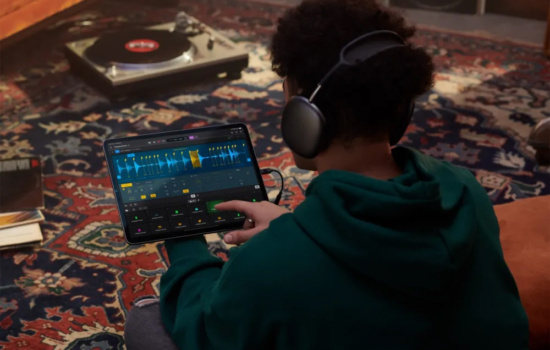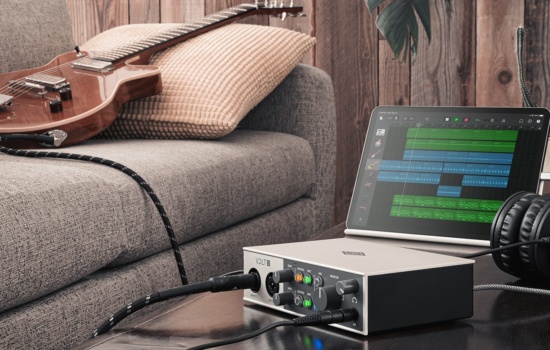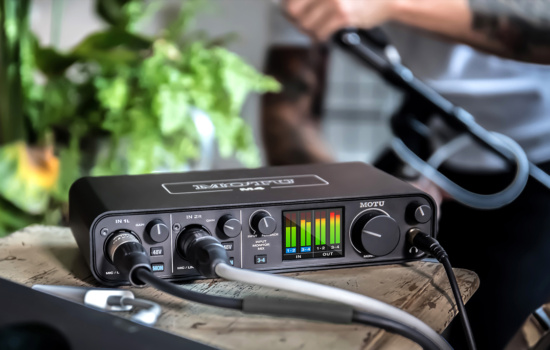Music Ed here at the University of Wisconsin – Madison is an interdependent system of five programs, from bachelor’s all the way to the Ph.D., all interconnected. That’s something that’s really special about our program. The doctoral students and some of the master’s students have the opportunity to teach, to supervise students, do fieldwork and different practicum situations. There is a lot of mentoring and collaboration that goes on between the degrees.
The other thing is we’re now in our third year revising the undergraduate Music Ed teacher licensure program. What we’ve done is to now teach it very holistically. We focus on bringing in critical theory and putting it into practice. Students do work in inclusive schooling. We now teach two courses in popular music, on how to play it and how to teach it.
We have a composition course that is taught all through technology –- composition for the music educator. We use Ableton Live and other software; they end up doing spoken word pieces and mashups. They learn how to produce all the things their students are doing in high school.
If they want to be a music educator, they’ve got to really love music and more, importantly, they’ve got to love people. They’ve got to love working with all kinds of people. One of the central tenets of our program here is we’re seriously committed to equity and diversity. ‘Diversity’ meaning race, gender difference, sexual difference, and disability. We welcome all bodies and minds into our program and we want our students to be open to doing the same.
